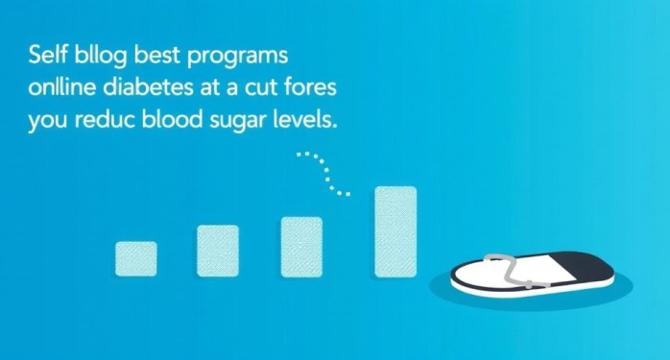Bioengineer
1M
251

Image Credit: Bioengineer
Online Diabetes Self-Management Programs Proven Effective in Reducing Blood Sugar Levels
- Online diabetes self-management programs have been proven effective in reducing blood sugar levels, offering hope for individuals with Type 2 diabetes, a prevalent health issue globally.
- A recent study by Texas A&M University School of Public Health demonstrated that virtual self-management interventions significantly improved hemoglobin A1c levels among participants in rural and urban settings.
- The study involved 189 adults with Type 2 diabetes, utilizing structured virtual education, one-on-one counseling, a smartphone application for self-care management, and a combination of these approaches over a six-month period.
- Virtual education programs provided comprehensive training and personalized interactions with healthcare professionals, while the smartphone app allowed real-time communication with diabetes coaches, enhancing accessibility and motivation for participants.
- Results showed significant reductions in A1c levels across all intervention groups, highlighting the importance of structured education and technology-driven support in diabetes management.
- Older adults experienced more pronounced improvements in A1c levels, indicating the influence of age and baseline health status on intervention success.
- The study's high retention rate and promising outcomes underscore the effectiveness of the interventions and their adaptability to diverse populations.
- While the sample primarily consisted of English-speaking individuals with access to digital technologies, the research suggests potential benefits for underrepresented groups struggling with diabetes management.
- This research published in 'Frontiers in Public Health' calls for further exploration of technology integration in chronic disease management to improve outcomes and quality of life for individuals with Type 2 diabetes.
- It emphasizes the importance of combining traditional education with modern technology for effective diabetes management, signaling a shift towards more personalized and accessible healthcare interventions.
Read Full Article
15 Likes
For uninterrupted reading, download the app